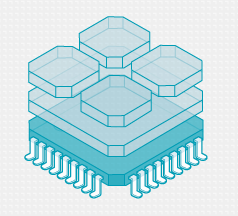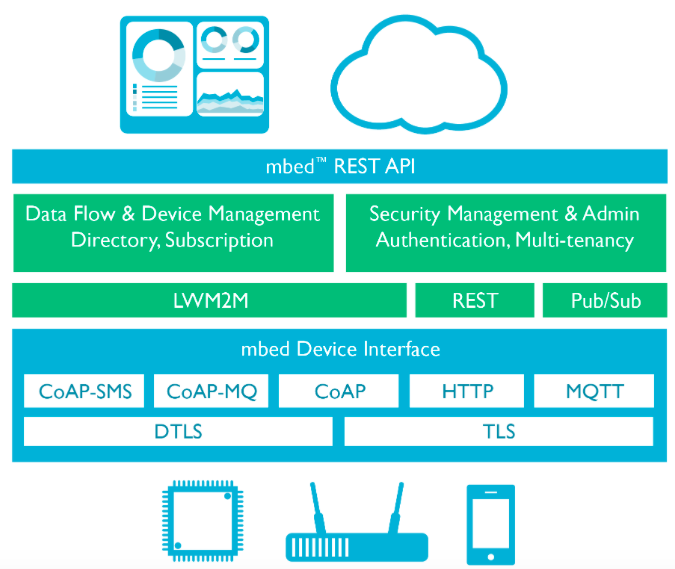IBM, ARM Collaborate on IoT Platform

IBM and processor intellectual property vendor ARM Ltd. have joined forces on an Internet of Things platform that will integrate ARM devices with analytics services.
The partners said this week the collaboration through IBM's IoT Foundation would use ARM devices based on its "mbed" chips to collect and analyze data from intelligent devices like industrial appliances, weather sensors and monitoring devices.
Separately, IBM announced what is said is the first in a series of cloud-based IoT services. The first is designed to help electronics manufacturers gather data from individual sensors that could be combined with other data for real-time analysis.
ARM, like other chipmakers, views the IoT as another way to sell more chips as other markets like mobile phones plateau. Rivals like Intel have already invested heavily in IoT platforms.
ARM's IoT strategy focuses on development and scaling of its "mbed" technology, which includes a "full-stack" operating system tailored to its Cortex-M 32-bit microcontrollers and a "device server" that handles connections from IoT devices. The IoT server is designed to make protocols and security requirements accessible through REST APIs to cloud stacks, enterprise software and web applications, the U.K. chipmaker said.
The device server's software is designed to bring web services to enterprise applications running on the IoT.

ARM's mbed device server architecture.
IBM is also among the partners in ARM's mbed ecosystem that includes chipmakers like Freescale, Marvell, NXP, Renasas and STMicroelectronics.
"Deploying IoT technology has to be easy, secure and scalable for it to feel like a natural extension of a company’s business," Krisztian Flautner, general manager of ARM's IoT business, noted in a statement announcing the partnership. “By collaborating with IBM, we will deliver the first unified chip-to-cloud, enterprise-class IoT platform."
The deal means ARM mbed chips can automatically register on IBM's IoT platform and then connect with its analytics services. Hence, "information gathered from deployed sensors in any connected device is delivered to the cloud for analysis," the partners claimed.
The collaboration is expected to enable new IoT services like predictive maintenance, asset and operational risk management along with "managed continuous engineering," IBM's service offering aimed at manufacturers of IoT devices.
IBM's electronics initiative is based on its IoT platform consisting of a portfolio of cloud-hosted services residing on its SoftLayer infrastructure. The IoT platform includes access to IBM's Bluemix application development service that provides access to growing data volumes. Those tools are designed to handle large volumes of fast-moving data generated by IoT devices and sensors.
The platform also provides security systems intended to protect IoT data at the same level as propriety financial information or intellectual property, IBM said.
Several early electronics-manufacturing customers for the IBM-ARM offering said they are using the platform to develop IoT devices. According to an executive from electronics manufacturing services specialist Ionincs, IoT devices are being developed on the new platform "from chipset through services."
Related
George Leopold has written about science and technology for more than 30 years, focusing on electronics and aerospace technology. He previously served as executive editor of Electronic Engineering Times. Leopold is the author of "Calculated Risk: The Supersonic Life and Times of Gus Grissom" (Purdue University Press, 2016).










